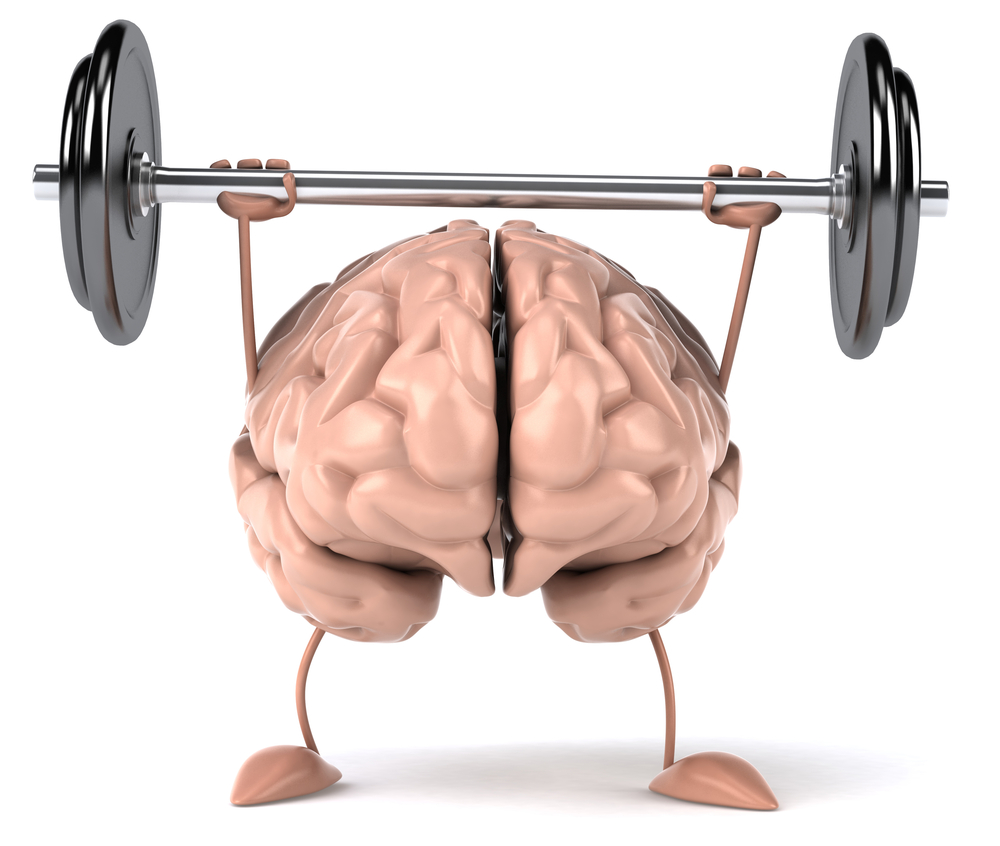Mastering the Basics Essential Strength Training Tips
Introduction
So, you’ve decided to take your fitness journey to the next level and delve into the world of strength training. Congratulations! Strength training is not only crucial for building muscle and increasing strength but also for improving overall health and fitness. However, before you jump headfirst into lifting weights, it’s essential to master the basics. In this guide, we’ll walk you through some essential strength training tips that will set you up for success in the gym.
Understanding the Basics
Before you start lifting heavy weights, it’s crucial to understand the fundamental principles of strength training. This includes learning proper form and technique for each exercise, understanding the importance of progressive overload, and familiarizing yourself with different training methods and equipment. Taking the time to grasp these basics will not only prevent injuries but also ensure that you get the most out of your workouts.
Start with Compound Movements
Compound exercises are multi-joint movements that work multiple muscle groups simultaneously. These exercises are incredibly effective for building strength and muscle mass efficiently. Some examples of compound movements include squats, deadlifts, bench presses, and rows. Incorporating compound exercises into your strength training routine should be a priority, as they provide the most bang for your buck in terms of muscle activation and calorie burn.
Focus on Proper Form
One of the most common mistakes beginners make when starting strength training is sacrificing form for heavier weights. However, prioritizing proper form is crucial for both safety and effectiveness. Before adding weight to any exercise, ensure that you can perform it with perfect form using just your body weight. This will help prevent injuries and ensure that you’re targeting the intended muscle groups effectively.
Progressive Overload is Key
Progressive overload is the gradual increase in intensity, volume, or difficulty of your workouts over time. This principle is essential for continually challenging your muscles and stimulating growth. To incorporate progressive overload into your training, aim to gradually increase the weight you lift, the number of repetitions you perform, or the intensity of your workouts. Keep track of your progress and aim to push yourself a little harder during each session.
Listen to Your Body
While pushing yourself out of your comfort zone is essential for progress, it’s equally important to listen to your body and respect its limits. Pay attention to how your body feels during and after workouts, and don’t ignore any signs of pain or discomfort. Overtraining can lead to injuries and setbacks, so be sure to incorporate rest days into your routine and prioritize recovery.
Fuel Your Workouts Properly
Nutrition plays a significant role in strength training success. To fuel your workouts and support muscle growth and recovery, aim to consume a balanced diet rich in protein, carbohydrates, and healthy fats. Be sure to eat a meal containing carbohydrates and protein before your workout to provide energy and support muscle repair. Additionally, refuel with a post-workout meal or snack containing protein and carbohydrates to replenish glycogen stores and kickstart the












